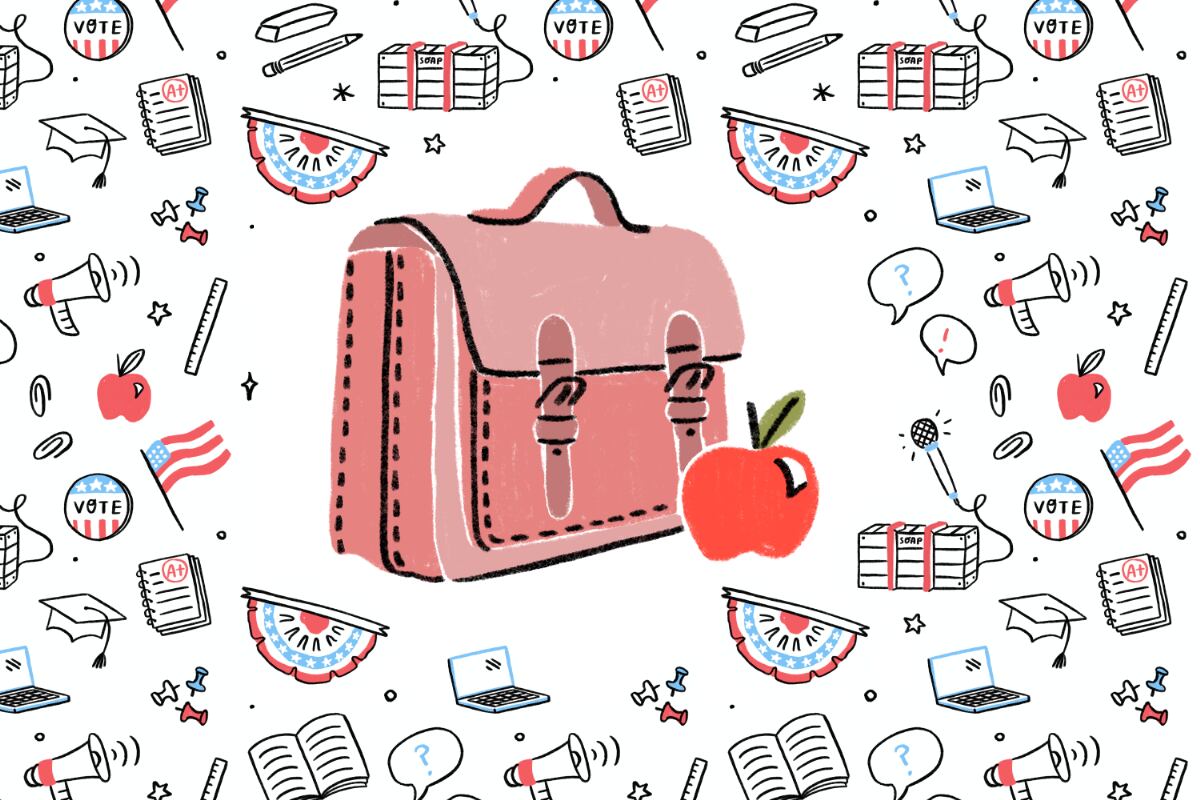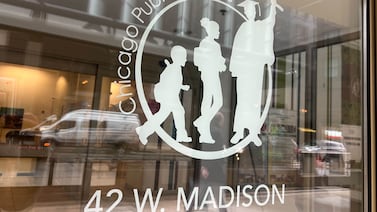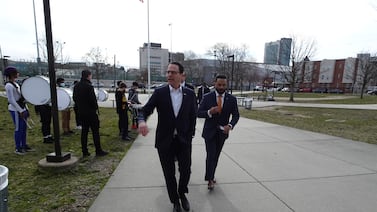Dear high school teachers,
In schools across America, the 2024 presidential election will likely become increasingly dominant in hallway conversations, lunch table debates, and teacher-led lessons — planned and unplanned. This fall, American citizens will once again cast their votes, and the two leading contenders are poised to be the same ones from four years ago. 2024 might feel eerily similar to the tumultuous 2020 presidential election and its aftermath.
You all have the important task of teaching history at the very moment it’s being made.
As the presidential election cycle ramps up, The New York Times’ Headway team and Chalkbeat want to hear from you. How are your students thinking about this election? How are you planning to teach it? What questions do you have?
Let us know in the quick questionnaire below, and we’ll be in touch. (We’re particularly interested in learning from educators of current juniors and seniors in high school, but please don’t let that stop you from filling out our form. We want to hear from other types of educators as well!)
Do you have students we should talk to? We also have a questionnaire we are sharing directly with high schoolers. Do you know current juniors and seniors who would want to participate in this project? Please share the student questionnaire here.







